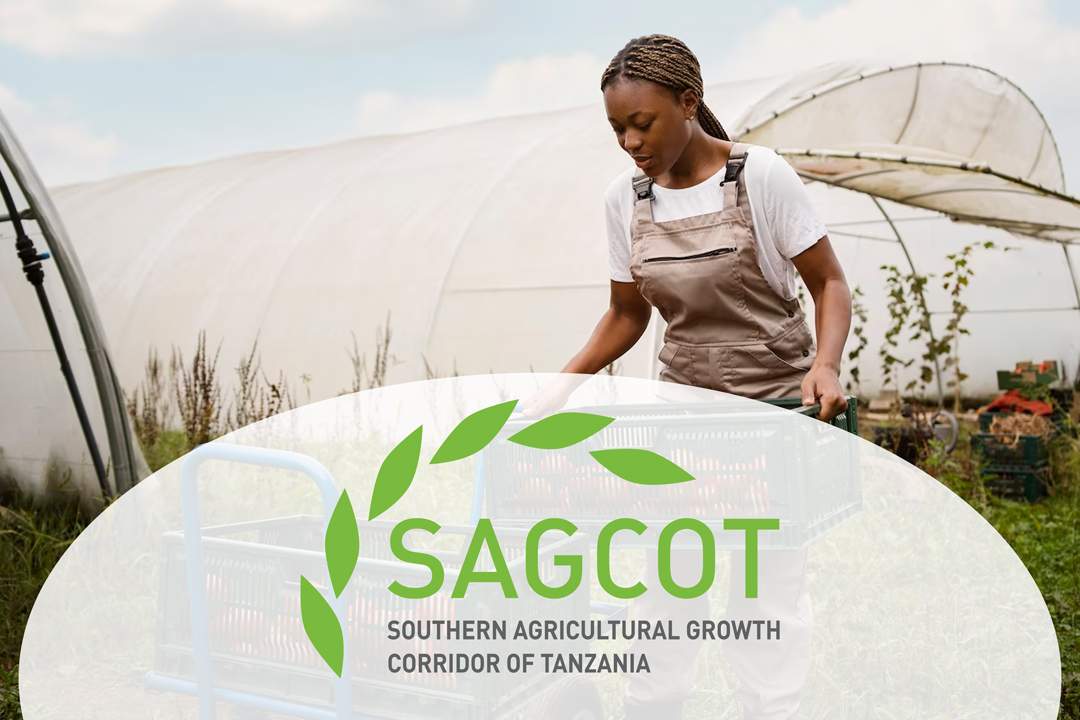
As African countries work towards unlocking their full agricultural potential, public-private partnerships are proving to be instrumental in facilitating and supporting strategic partnerships among various stakeholders. One such partnership is the Southern Agricultural Growth Corridor of Tanzania (SAGCOT), which was launched in 2010 at the World Economic Forum Africa Summit in Dar es Salaam.
SAGCOT covers an area of about 300,000 square kilometers, stretching from Dar es Salaam to the borders of Zambia and Malawi. Its main goal is to boost agricultural productivity, improve food security, reduce poverty, and ensure environmental sustainability in the southern part of Tanzania. This is done by developing inclusive, sustainable and commercially viable value chains for priority crops such as rice, maize, soybean, tea, dairy, tomatoes, potatoes, sugarcane, avocado and sunflower.
SAGCOT has created strategic partnerships with various stakeholders such as agribusiness companies, farmer organizations, civil society organizations, and government agencies. These partnerships focus on providing farmers with access to improved seeds, fertilizers, and other inputs, as well as developing market linkages to enhance their profitability. Additionally, SAGCOT advocates for policy reforms and infrastructure improvements that can enhance the business environment and market access for farmers and agro-industries.
SAGCOT’s vision is to transform Tanzania’s agriculture sector into a powerful engine of economic growth and social development by 2030. This will be achieved by attracting US$3.4 billion of private investment, bringing 350,000 hectares of land into profitable production, increasing annual farming revenues by US$1.2 billion, lifting 2 million people out of poverty, and creating 420,000 new jobs. SAGCOT also strives to preserve and protect the natural resources, ecosystems and biodiversity of the corridor, and to adapt to climate change challenges.
SAGCOT serves as a great example of how public-private partnerships can transform agriculture in Africa. By providing access to inputs, developing market linkages, advocating for policy reforms, and enhancing infrastructure, African farmers can unlock their full agricultural potential and contribute to the economic growth and social development of their respective countries.


















